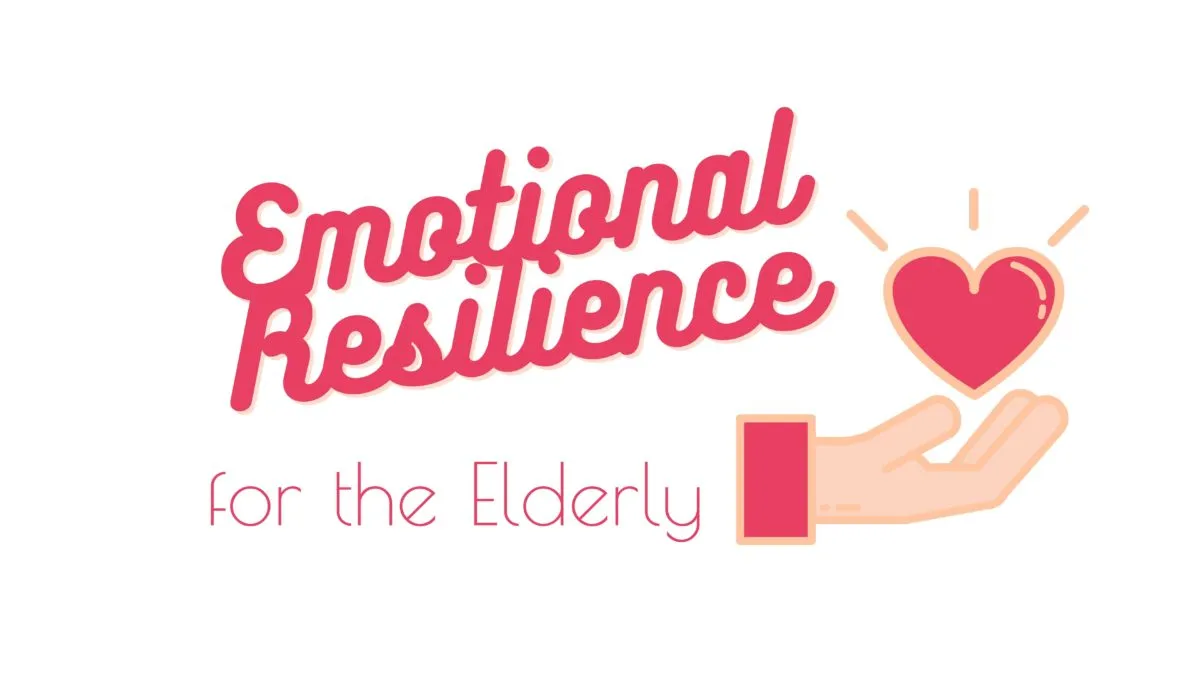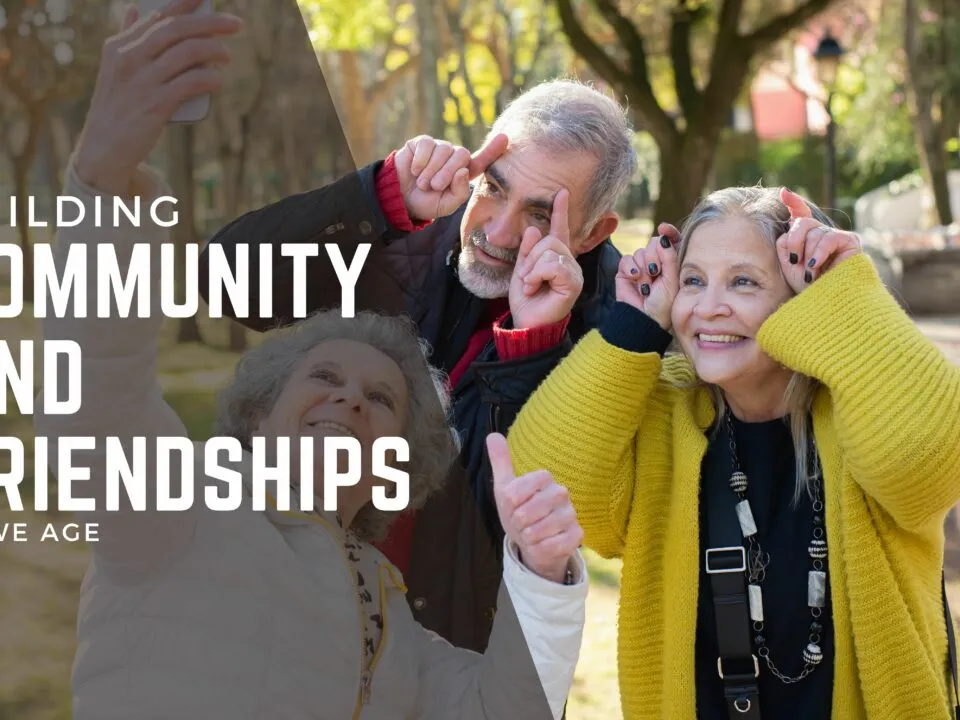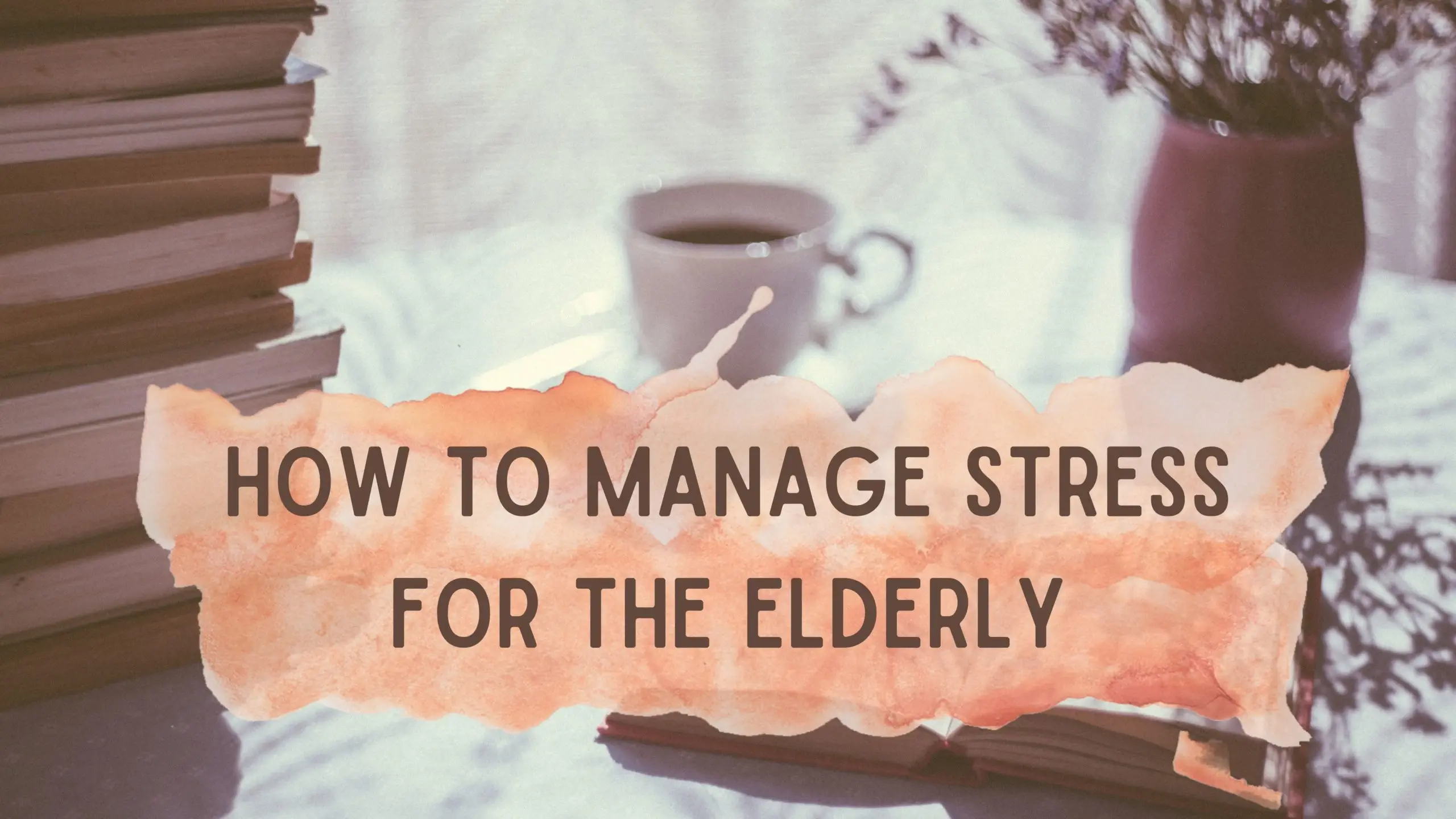
How To Manage Stress for the Elderly
April 6, 2021
Happy Mother’s Day
May 9, 2021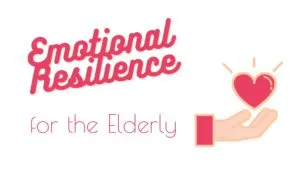
Emotional resilience is defined as, the ability to use “mental processes and behaviors in promoting personal assets and protecting self from the potential negative effects of stressors.” In easier words, it’s the ability to bounce back from difficult situations or to adapt to changes caused by difficult situations. Those who have emotional resilience often have a higher coping capacity, higher emotional clarity, stronger sense of purpose, and more of a social connection. Unfortunately, there is a misunderstanding that you either have emotional resilience or you do not, this is not true. Emotional resilience is something that you can learn and everyone can utilize in their lives. This article is focused on helping the elderly know how to build emotional resilience as they age and what the benefits of emotional resilience are.
 There are various ways to build emotional resilience. The first thing we’ll address today is that according to a study by the Centre for Policy on Ageing (CPA), better overall health builds stronger emotional resilience. Two ways that you can improve overall better health are to increase exercise or exercise regularly and have a healthier diet with more fruits and vegetables.
There are various ways to build emotional resilience. The first thing we’ll address today is that according to a study by the Centre for Policy on Ageing (CPA), better overall health builds stronger emotional resilience. Two ways that you can improve overall better health are to increase exercise or exercise regularly and have a healthier diet with more fruits and vegetables.
The second thing that you can do to build emotional resilience is to get involved with others. Something that is hard for many elderly is passing loved ones and it can cause them to withdraw which can cause a decline in their emotional health. Two ways that you can get involved with others are suggested in the same study by CPA. The first way is to volunteer, the second way is to travel. It can be hard when physical health doesn’t allow for much travel, but even visiting another city in your area can help you to meet new people and move outside of one’s own mind.
The third great way to build emotional resilience that we are going to discuss is healthy coping skills and creating optimistic thinking. According to the Arizona Center on Aging, having a positive outlook on life and seeing things with a silver lining is going to create higher feelings of satisfaction with life. Two great ways to build these healthy coping mechanisms are meditation and maintaining a sense of humor.
Harvard Medical School has stated that emotional resilience has many health benefits. Some of these benefits are lower depression rates and anxiety rates, longevity, reduced rates of stress-related illness, and the ability to handle difficult emotions and situations in healthy ways. Emotional resilience is difficult to build in our lives but it can greatly benefit our physical and mental health and help us all to enjoy our lives more. According to the CPA, the elderly report higher levels of satisfaction with their lives because of the emotional resilience that they have developed. The CPA also says that emotional resilience doesn’t decline with age so what you build now is going to help you to enjoy your life more later!
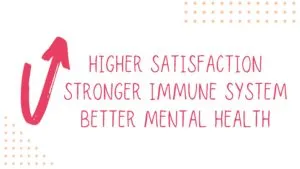
Overall, emotional resilience is something that we should all be working to have in our lives. It is a great tool to help us to maintain a healthy mindset and physical wellbeing. Emotional resilience enables us to see life in a brighter way and enjoy the life we have, especially when it gets hard.
Resources:
http://www.cpa.org.uk/information/reviews/CPA-Rapid-Review-Resilience-and-recovery.pdf
https://www.health.harvard.edu/mind-and-mood/ramp-up-your-resilience#:~:text=The%20benefits%20of%20resilience,in%20general%2C%22%20Malloy%20says.
http://irep.ntu.ac.uk/id/eprint/5063/1/221261_PubSub2848_Sarkar.pdf
https://nursingandhealth.asu.edu/sites/default/files/resilience-in-aging.pdf
https://www.verywellmind.com/emotional-resilience-is-a-trait-you-can-develop-3145235

